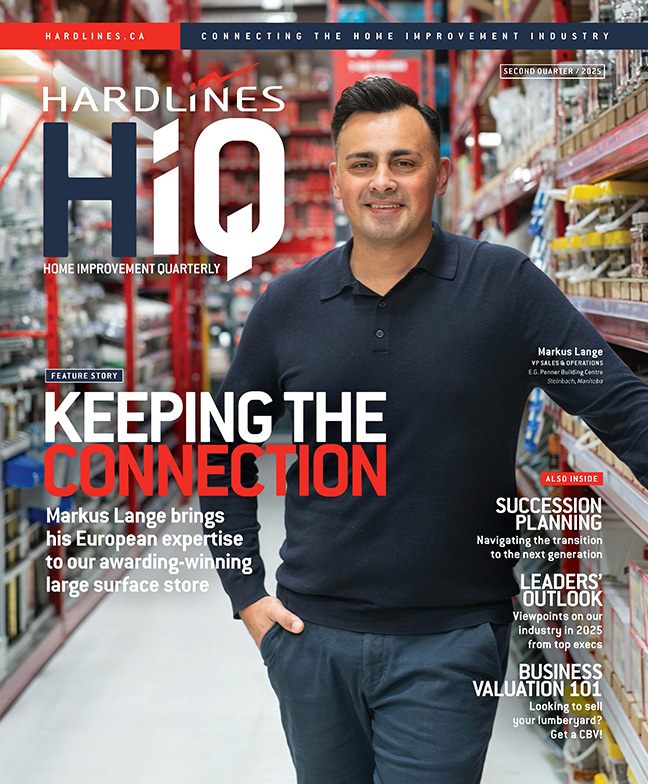Sonya Ruff Jarvis is an entrepreneur and founder of Jarvis Consultants LLC, a marketing, events and branding firm. Sonya has been a part of the B2B retail industry, working across all types of retail formats and categories, for nearly 30 years and is the founder of the Home Improvement eRetailer Summit. You can contact her at sonya@jarvisconsultants.com.
It is hard to admit that we all have hidden biases. We extend our unconscious biases when making choices. The real problem develops when we are being paid to make decisions for our company and our prejudices emerge. This is particularly harmful when in a hiring position.
Jarvis Consultants has developed a trademarked process called FAIR to help those in hiring roles avoid the pitfalls of unconscious biases during the employment process. These tips are especially helpful when charged with creating a diversified workforce.
Employing FAIR tips:
Focus on the candidates’ experience and qualifications versus names, gender, disability, religion, etc. Some employers have gone as far as implementing a blind resumé system where candidates receive a number. Research shows that this system increases the chances of women being hired.
Assess the organization by reviewing your website, photos of team events, and marketing materials and messaging. All of these images project your company. Research shows that more than half of employees want to work in a diverse environment. Remember, applicants are evaluating you too.
Ignore conventional ways of doing business, where unconscious biases can sneak in. Use the job description, requirements, and candidate qualifications throughout the hiring process to ensure you stretch beyond your comfort zone during the decision-making process. It has been recognized that diverse companies enjoy 2.3 times higher cash flow per employee.
Recognize that creating a diversified workplace makes a better business. Diverse companies perform better, have higher profits, are more innovative, and attract top talent. It is not just a nicety. It is necessary to be competitive.
We are all guilty of carrying unconscious biases. Admit it and start using practices like FAIR. They will help avoid unconscious biases in hiring. Contributing to a company by attracting, hiring—and keeping—top talent based on qualifications is the ultimate goal of any successfully run company.







 One of human resources’ primary roles is to manage and conduct hiring for a company. Finding the right talent can be an expensive process. For one dealer, relying on students—who would often return as they worked their way through school—has become a tough proposition.
One of human resources’ primary roles is to manage and conduct hiring for a company. Finding the right talent can be an expensive process. For one dealer, relying on students—who would often return as they worked their way through school—has become a tough proposition. Tanja Fratangeli is head of people and culture for IKEA Canada. In a recent virtual HR conference hosted by the Retail Council of Canada, she talked about the importance of strong values within a company. These values can guide business decisions and motivate employees to work in harmony. And they can provide tools for managers to communicate more effectively with their teams.
Tanja Fratangeli is head of people and culture for IKEA Canada. In a recent virtual HR conference hosted by the Retail Council of Canada, she talked about the importance of strong values within a company. These values can guide business decisions and motivate employees to work in harmony. And they can provide tools for managers to communicate more effectively with their teams.